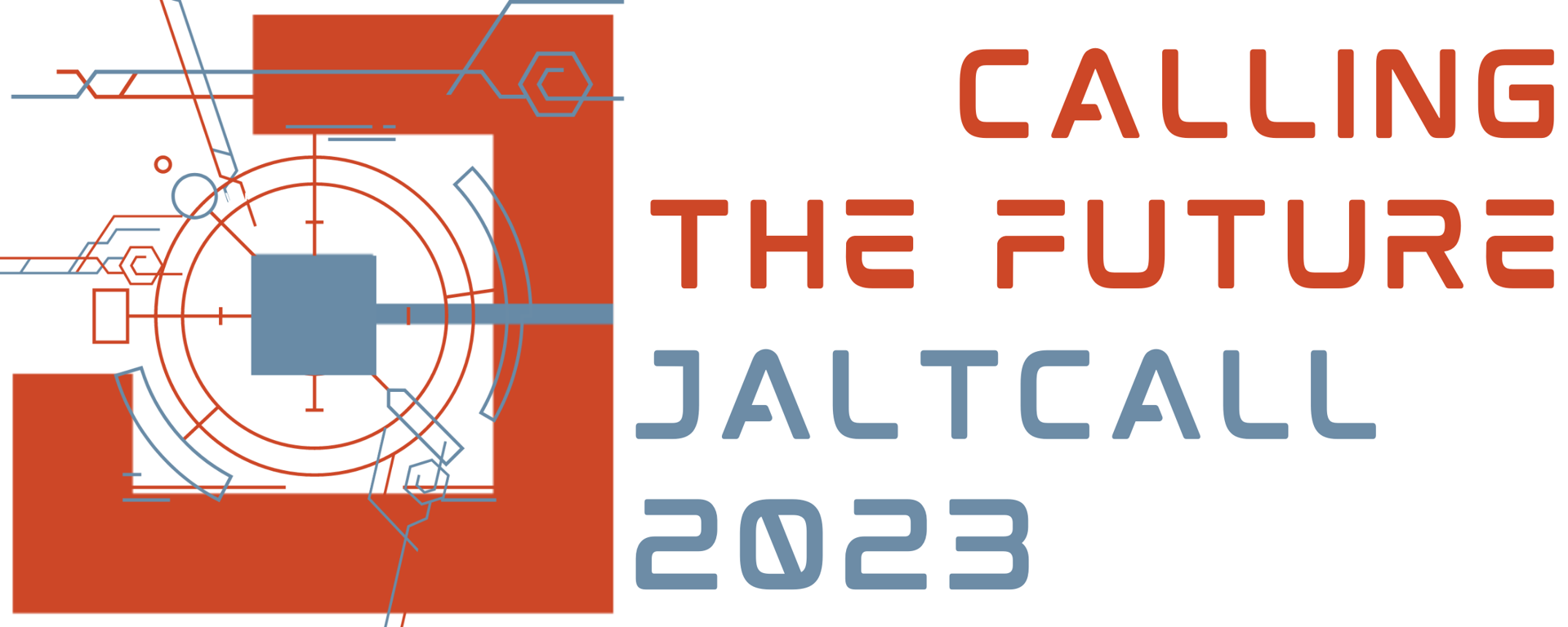2023-06-03, 09:30–10:00 (Asia/Tokyo), A3 back
Language: English
Despite several years of Emergency Remote Teaching, students in online language classes remain uncomfortable with the webcam because of privacy concerns and enhanced self-evaluation; what has been called an “all-day mirror” (Bailenson 2021) and the resulting Zoom fatigue. Although previous research has shown the webcam can facilitate social presence in the classroom, which can motivate students (Yamada & Akihori 2007) it can be distracting (Guichon & Cohen 2014). While previous research has shown that students can feel ambivalence towards the camera (Hashimoto 2022, Wiegand 2022) my current research involves university L2 students motivated to appear professional and determined to better understand technology they anticipate using in their future workplaces. Stockwell anticipated (2009) the trainer role would fall on teachers; the majority of university students participating in my research felt they hadn’t enough training in Zoom and were not initially aware of the features that could reduce their anxiety about private spaces (such as blurring or personalizing the background) or increased self-gaze (such as hide self-view). After a number of training sessions, students reported reduced anxiety in the language classroom, the ability to teach the technology to others, and having used the features in other online classrooms.
Previous research demonstrates students feel anxiety while using the webcam but little research has been done into how training the affordances of the camera can be used to counteract it.

